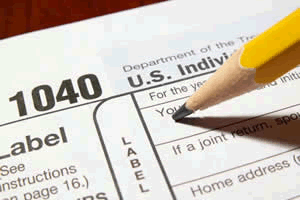Non Discharged Debt
What does Non Discharged Debt mean?
Non-discharged debt is any debts which are not discharged through bankruptcy. Debtors who file Chapter 7 bankruptcy will continue to be responsible to repay their creditors for any non-discharged debts. Chapter 13 filers will also have to pay for non-discharged debts, although they may be able to repay their non-discharged debts over time within their Chapter 13 debt repayment plan.
There are several types of non-discharged debts. There are also debts which are generally non-discharged but under some conditions may be discharged such as federal tax debt and student loan debt. Talk to a bankruptcy lawyer if you have questions about how to get these types of debts discharged.
Other debts which are not discharged include child support and alimony, marital debts (debts incurred through divorce or separation), intentional tort debts, civil compensation awards won through a civil suit against the debtor for drunk driving, recent credit purchases or cash advances, fines and citations for traffic tickets or court-ordered restitution, and debts incurred by fraud.



